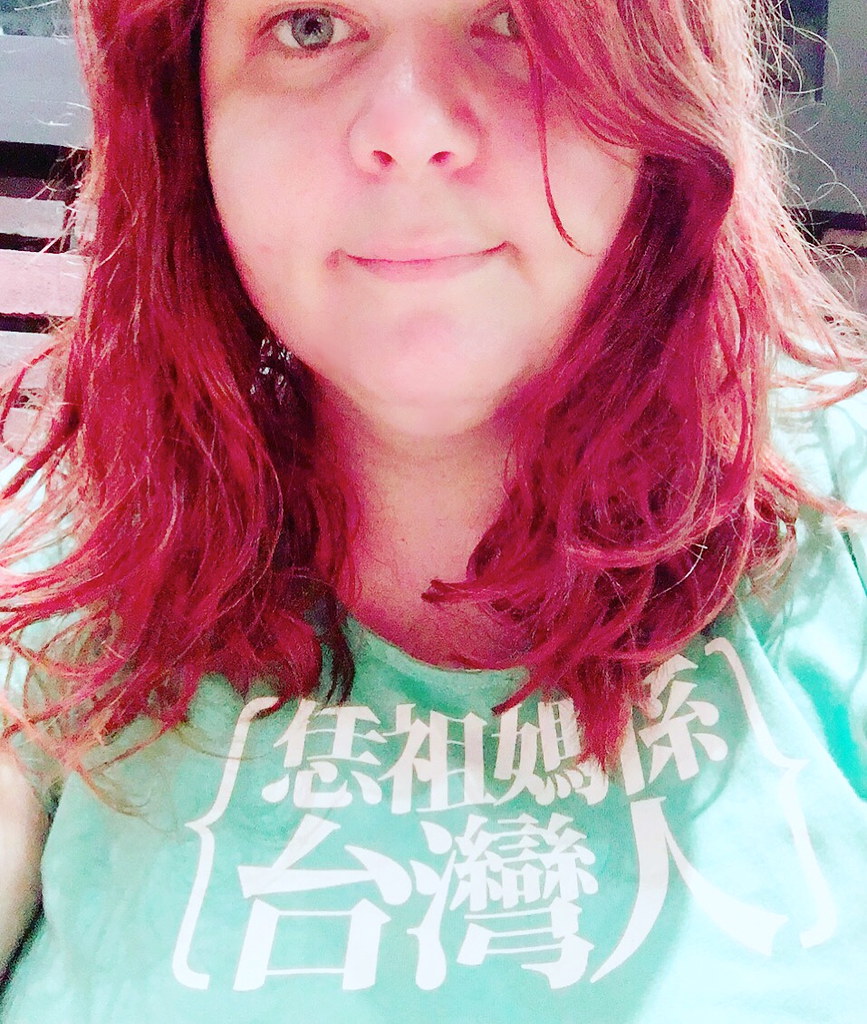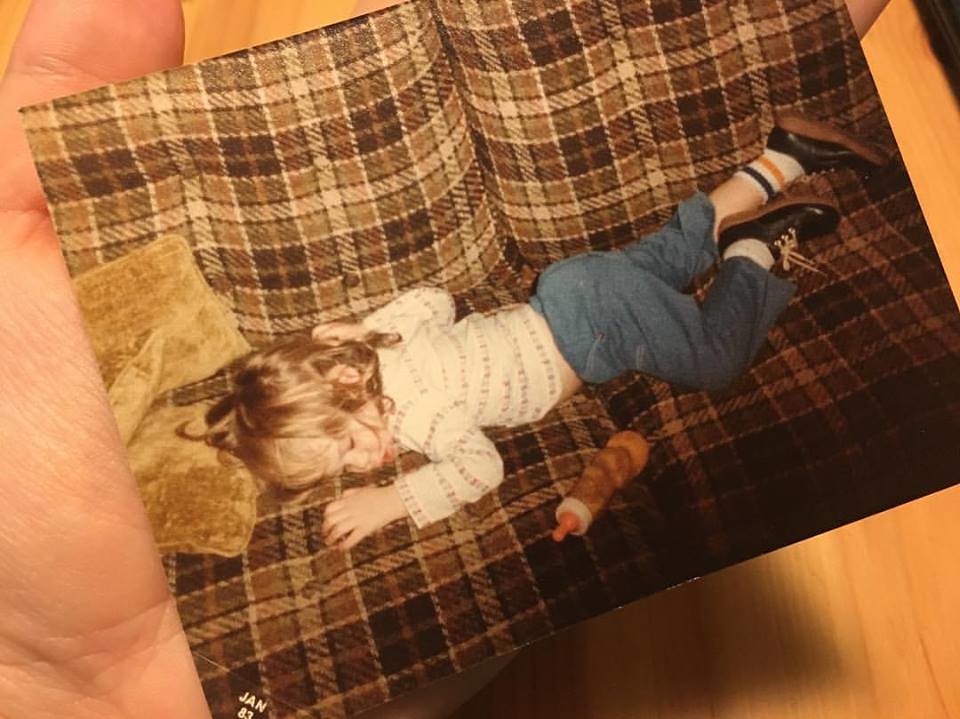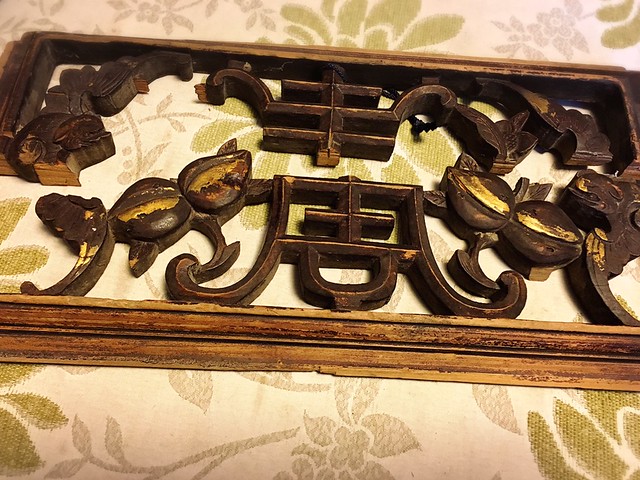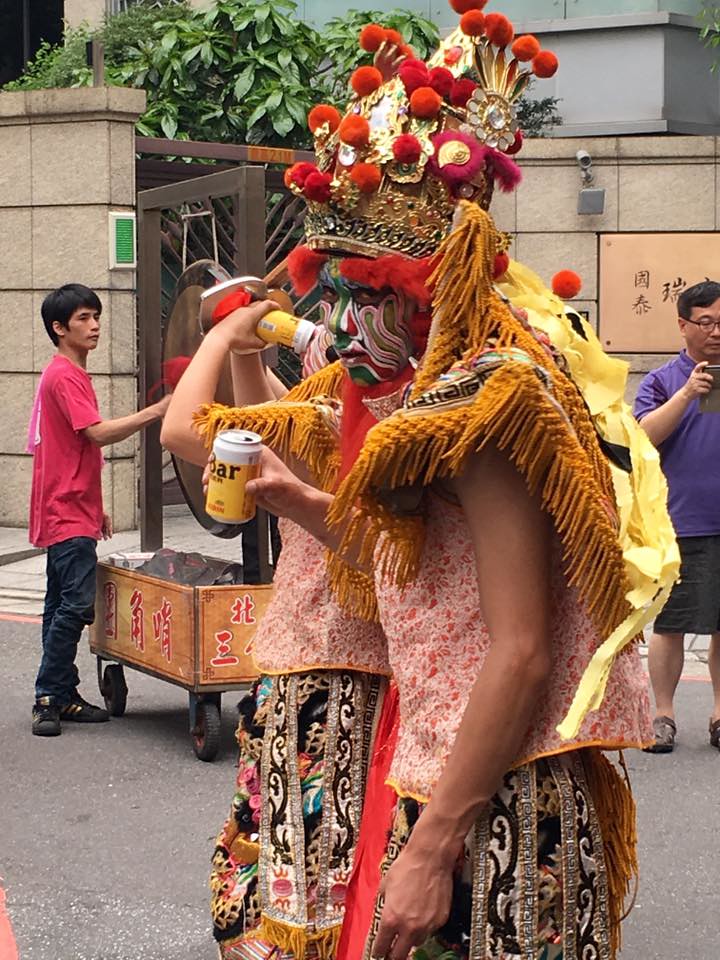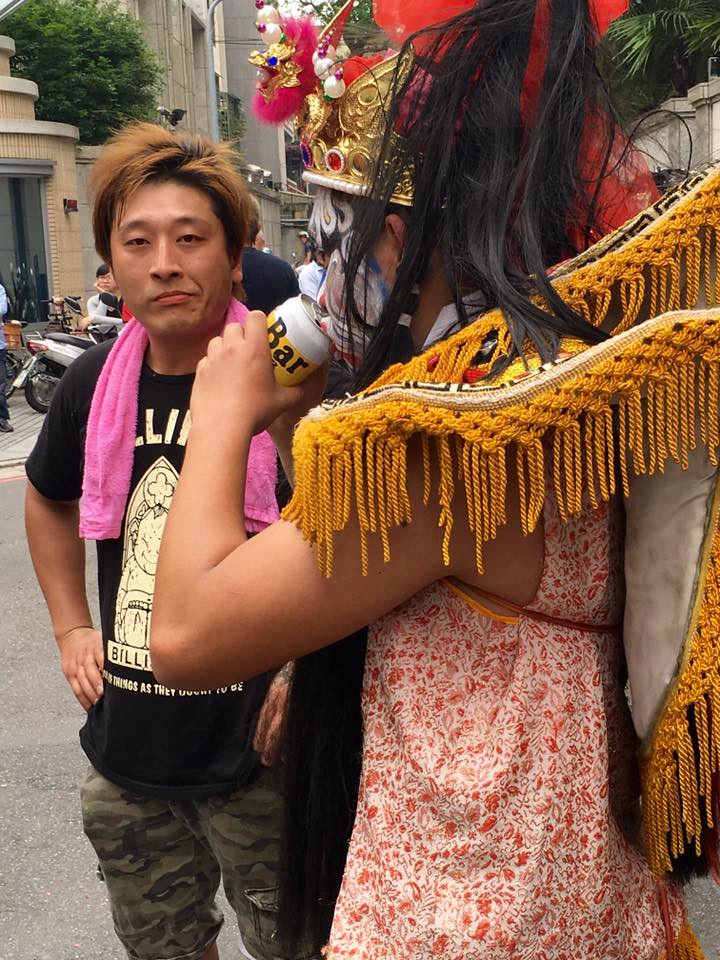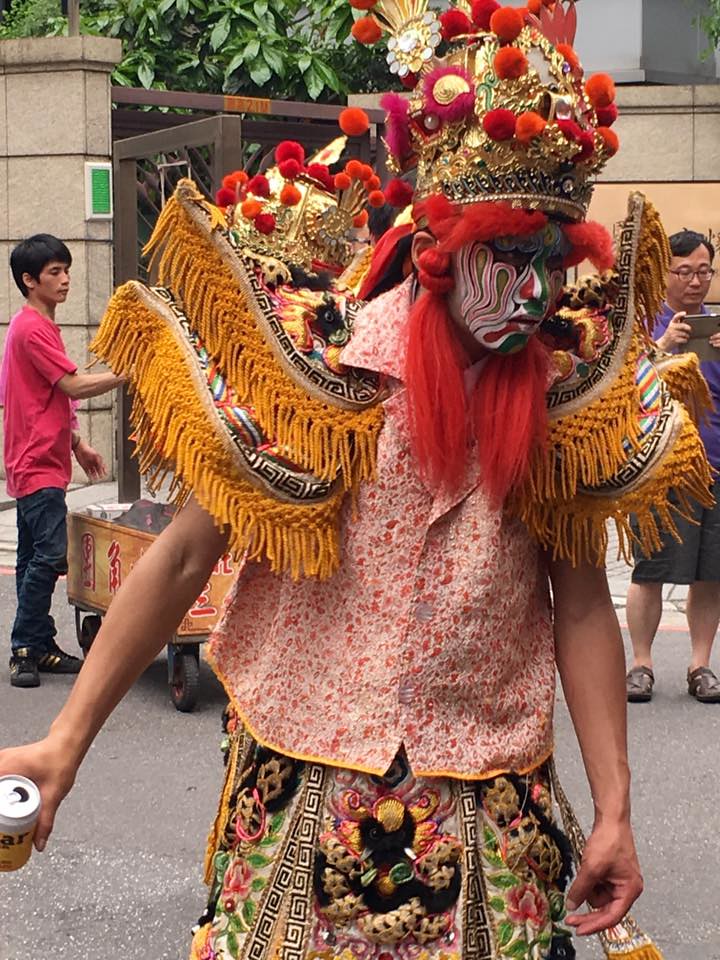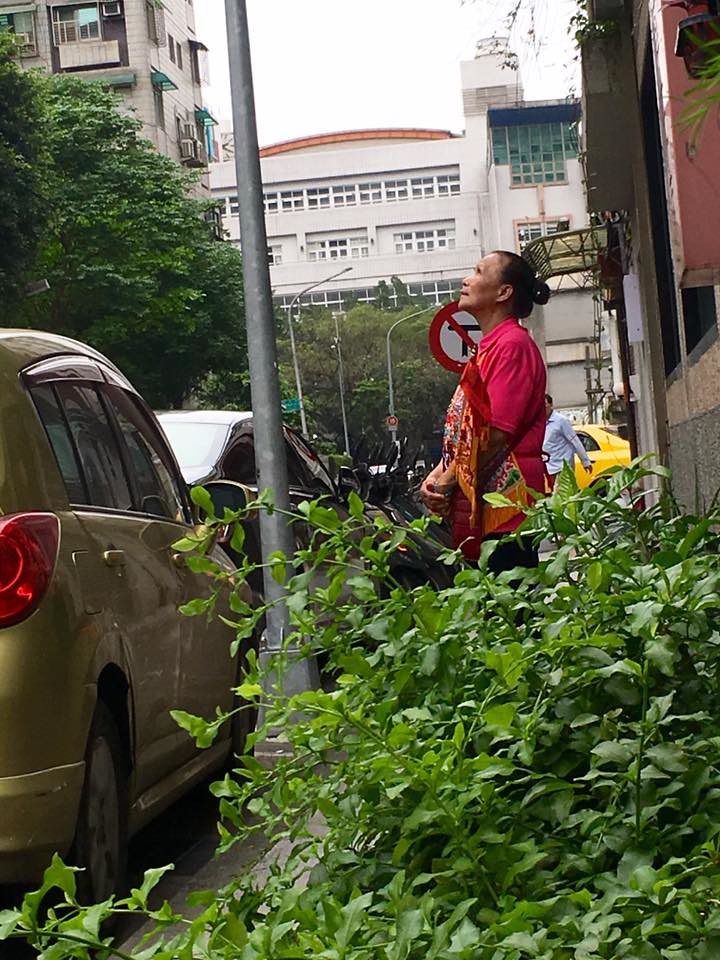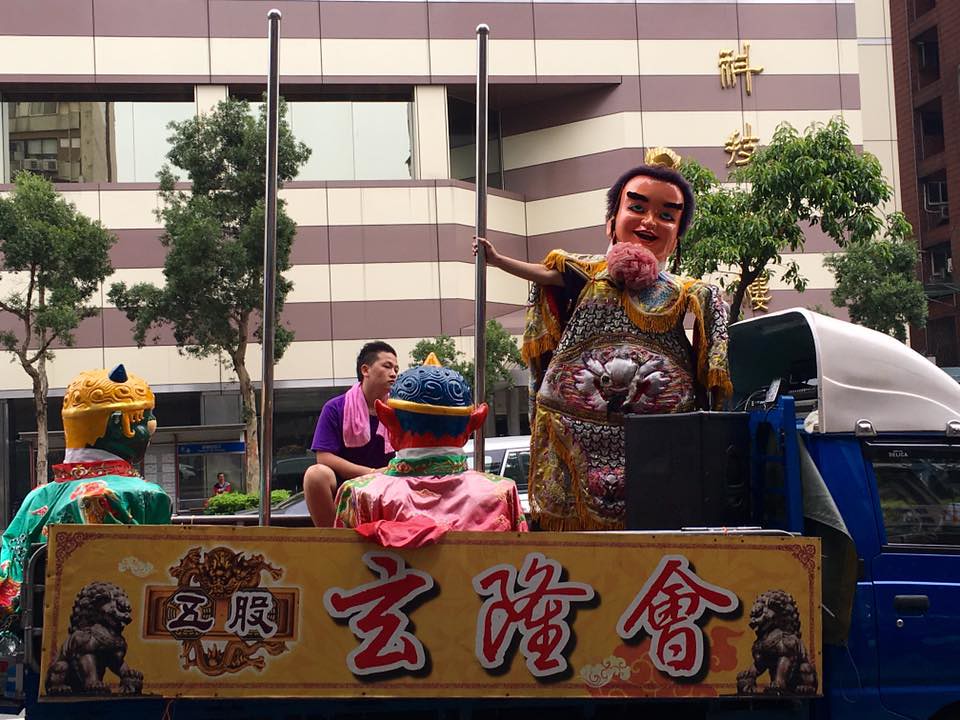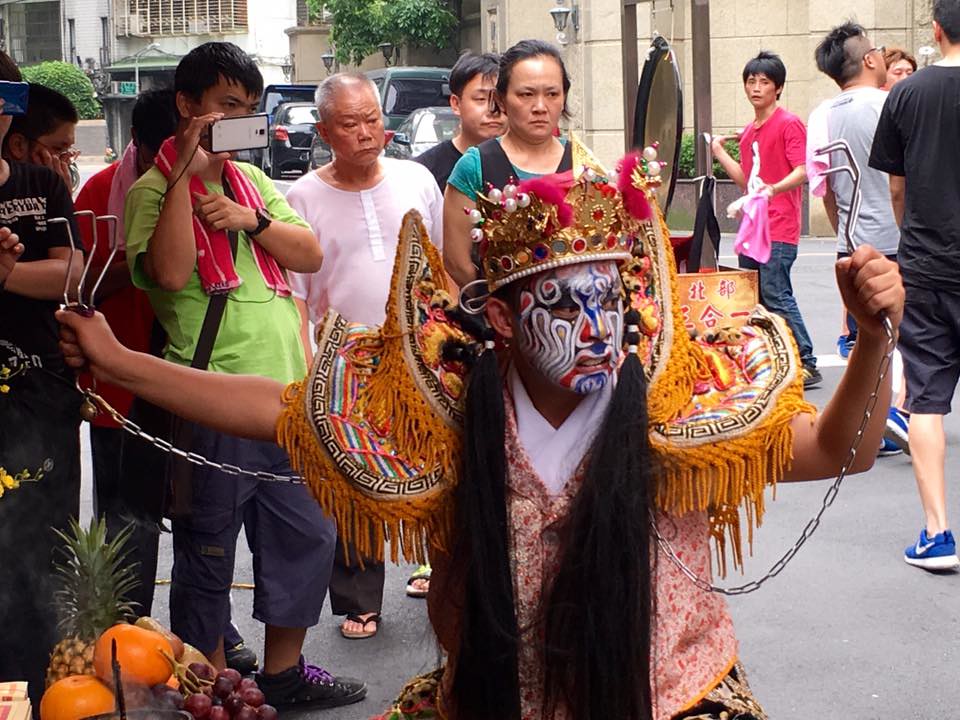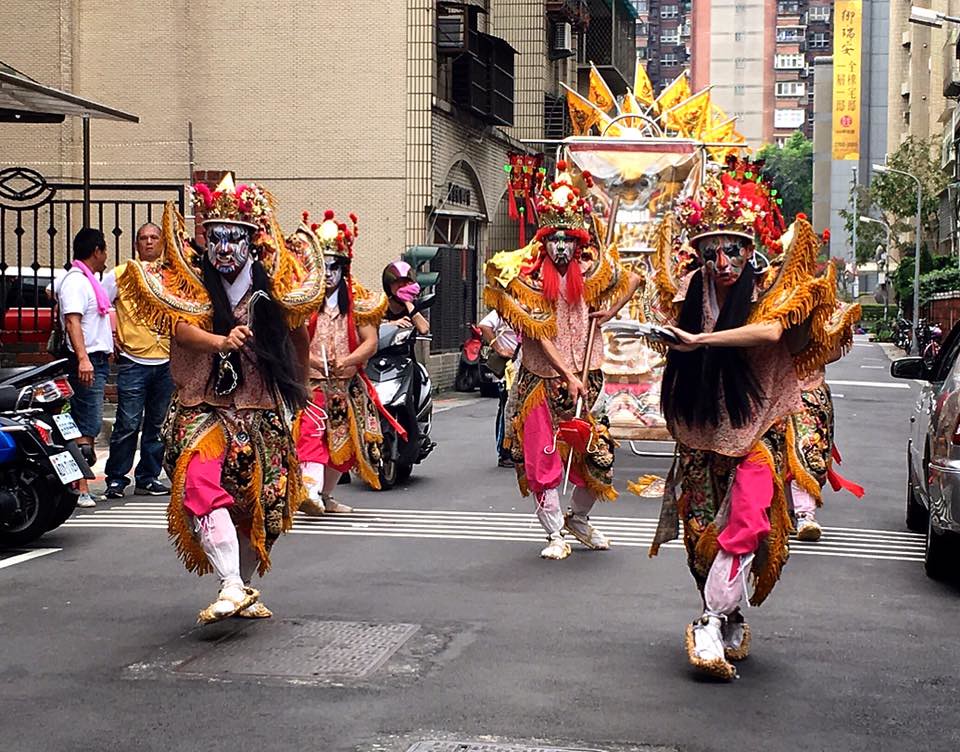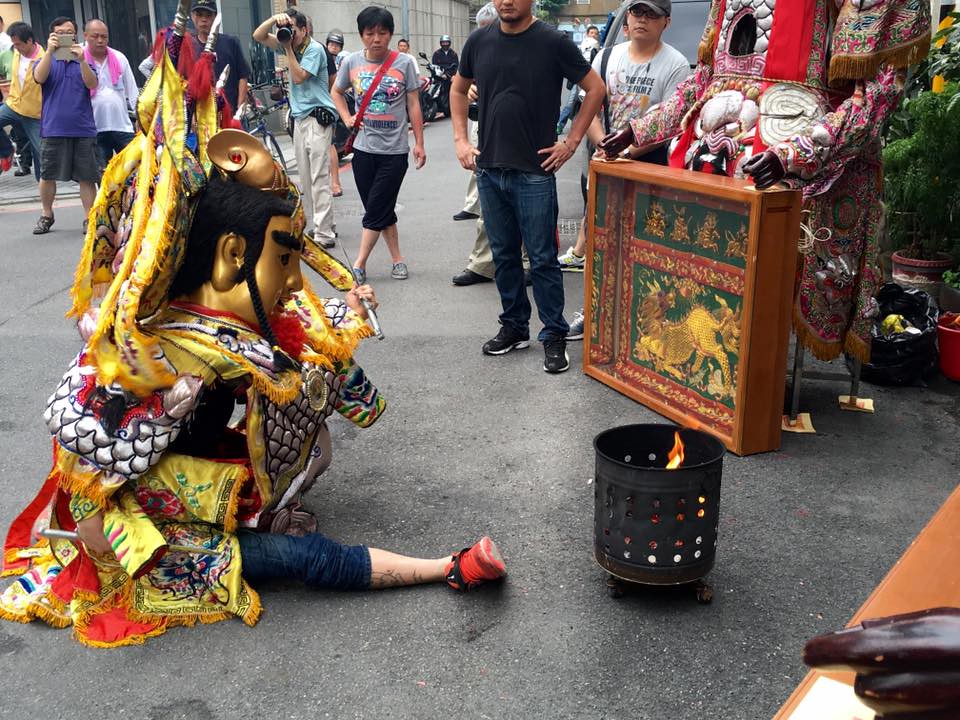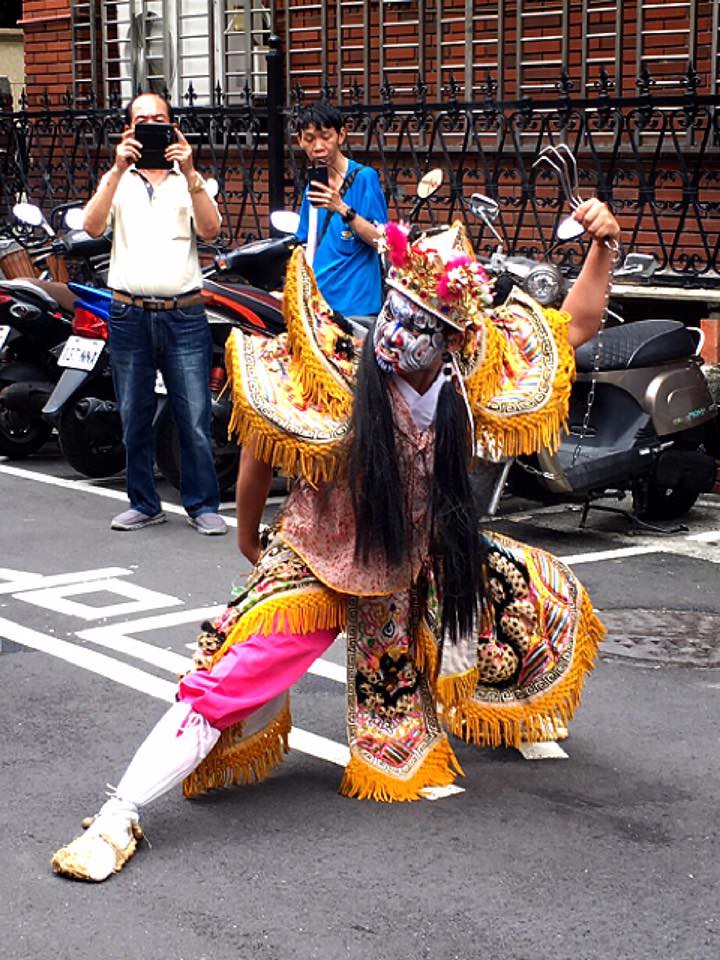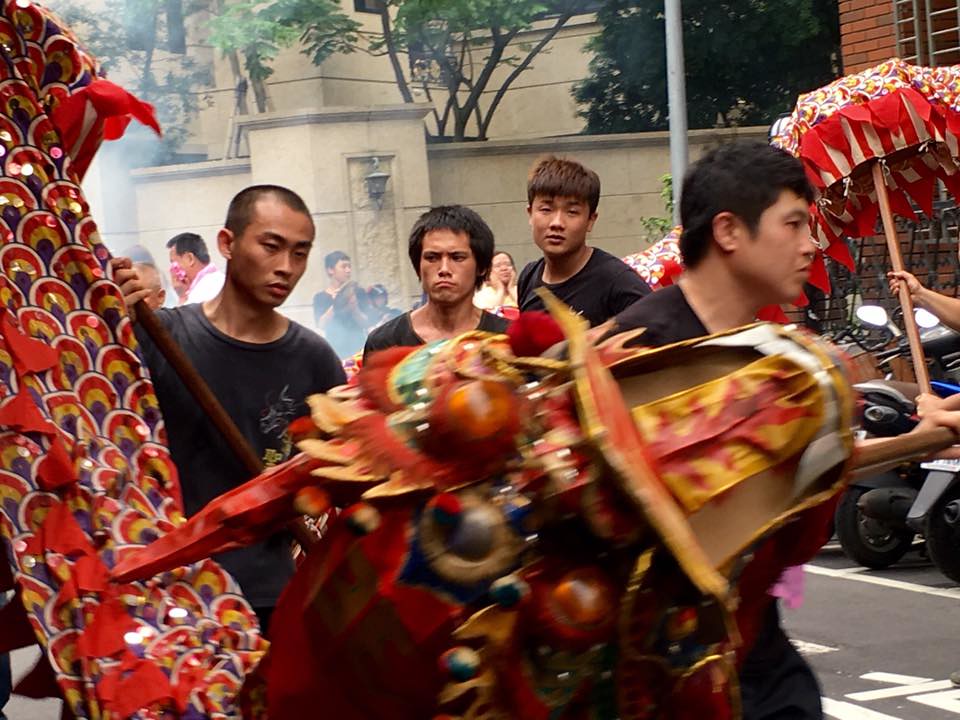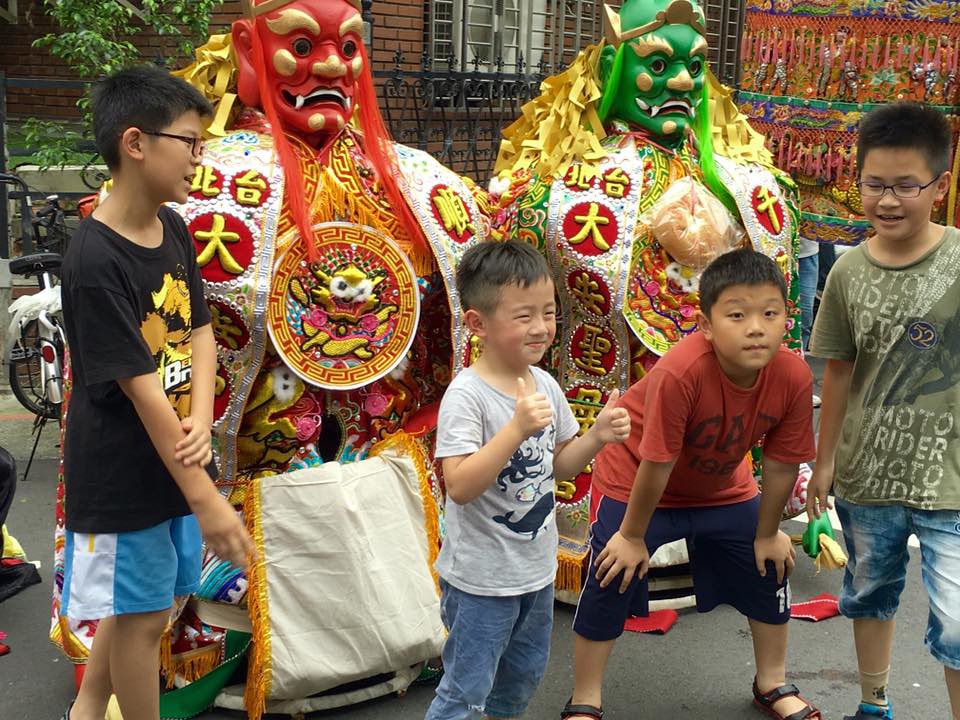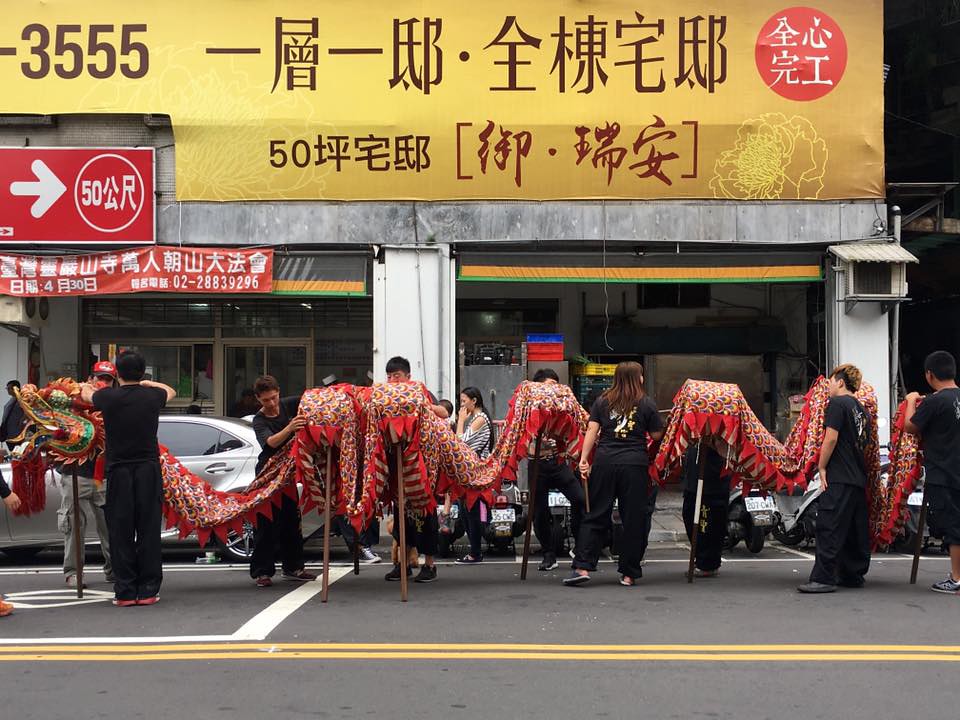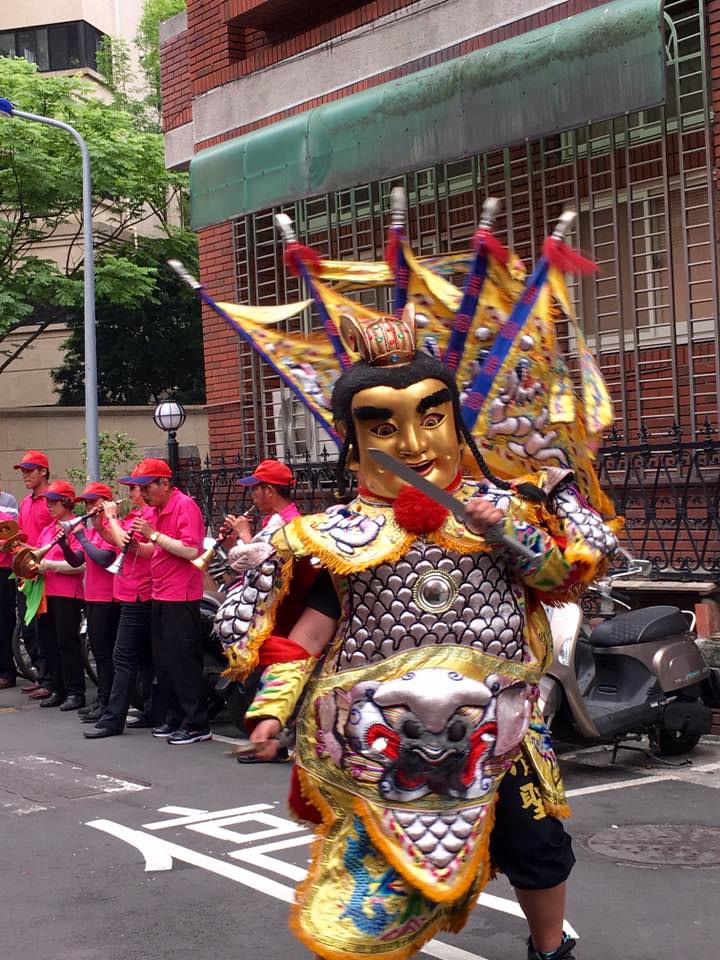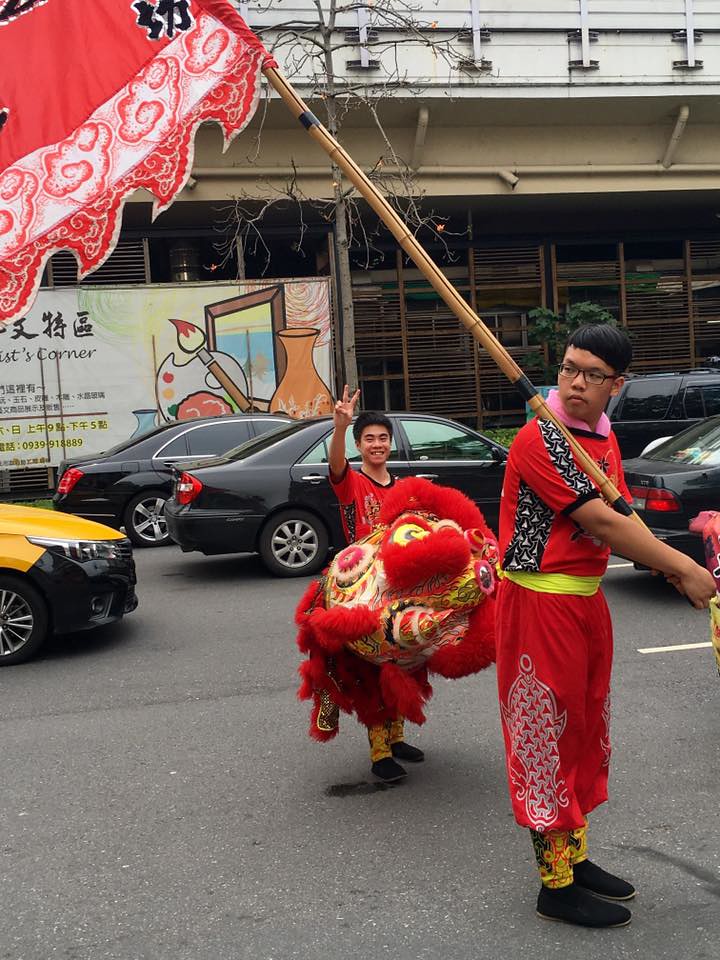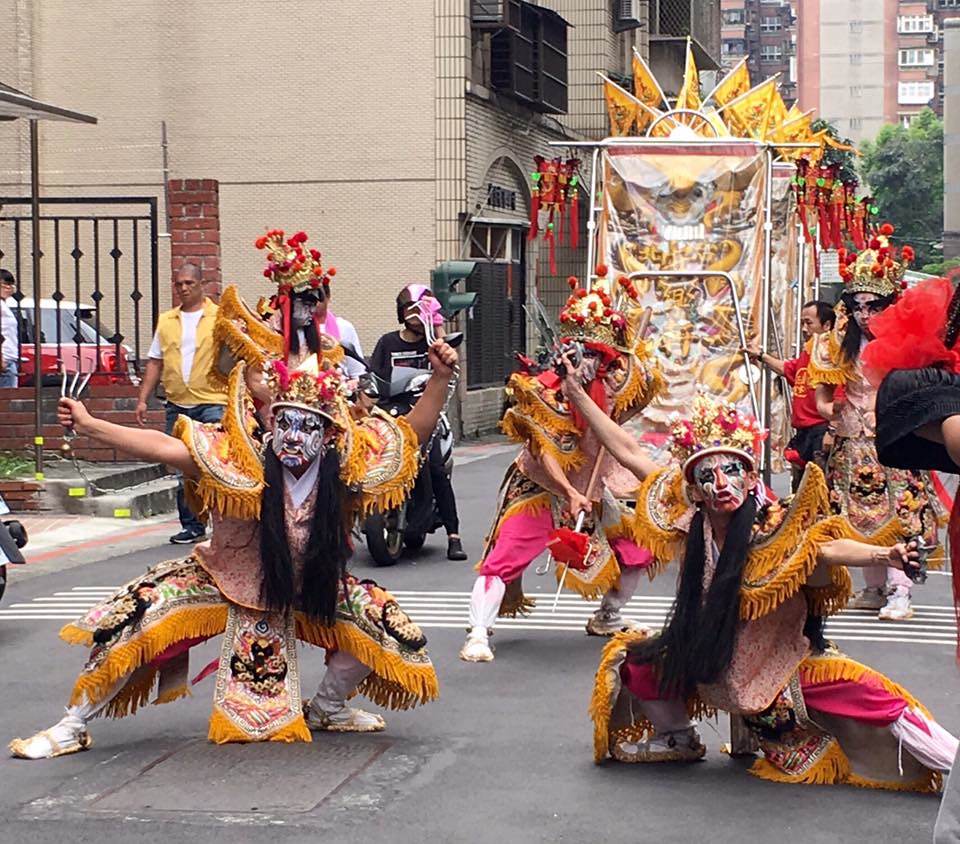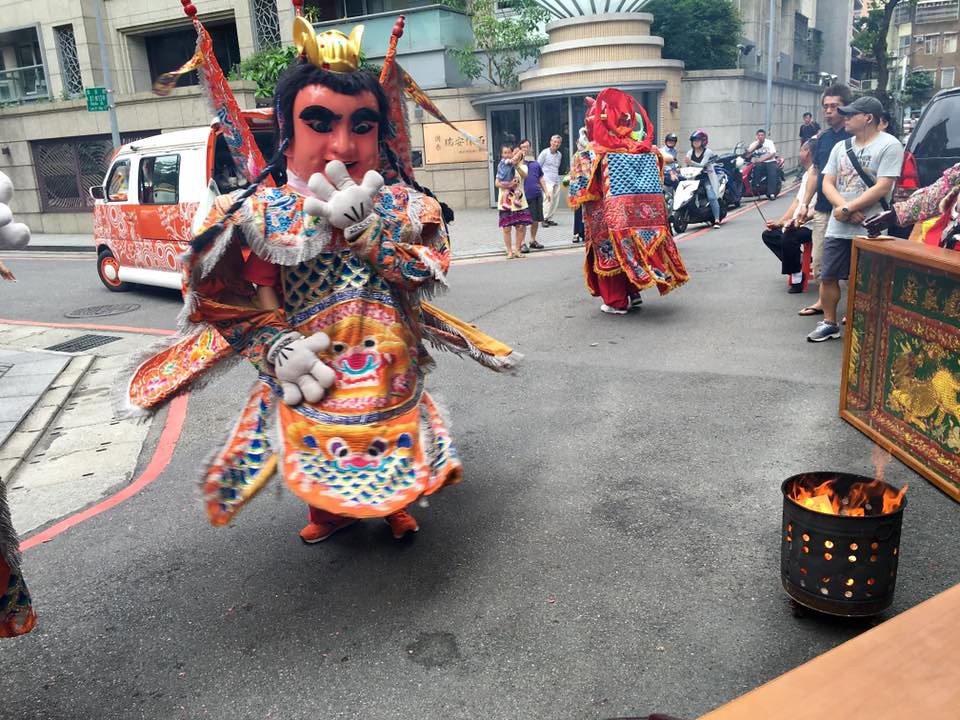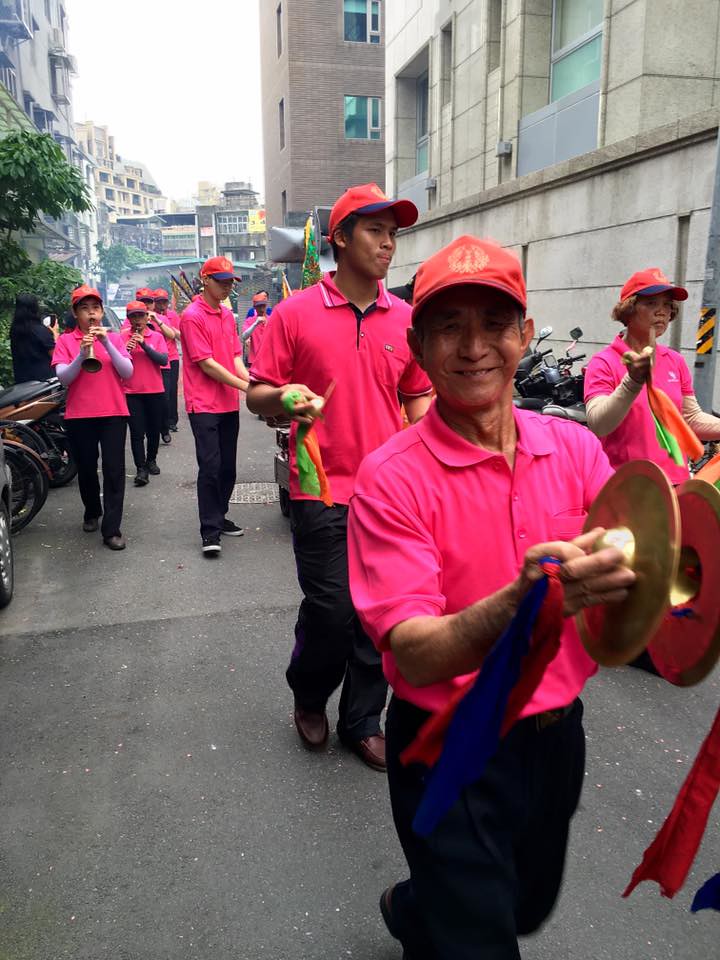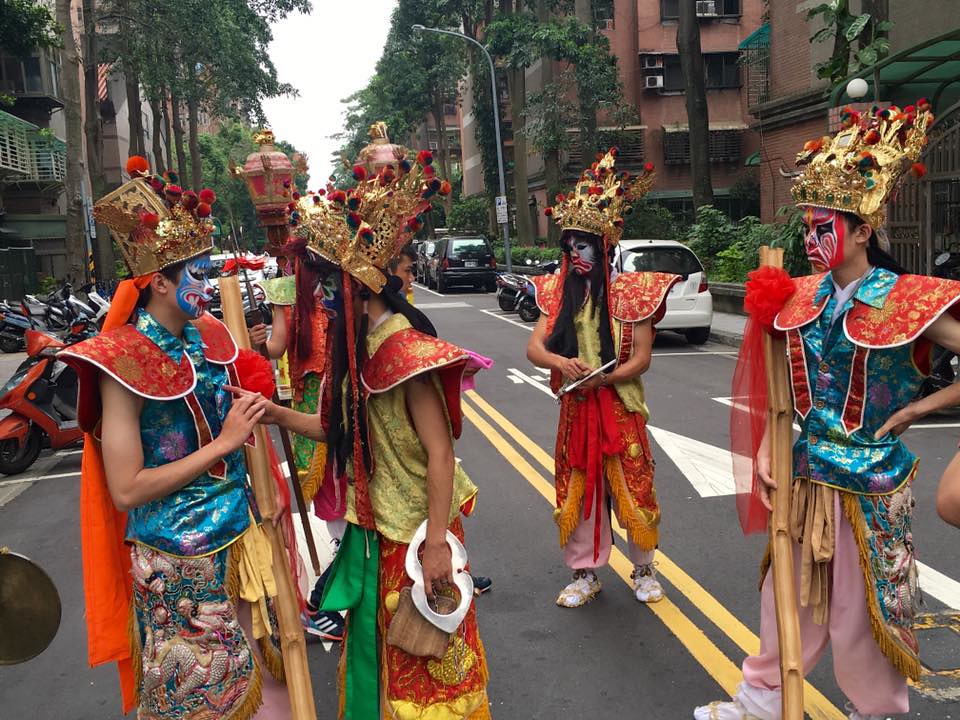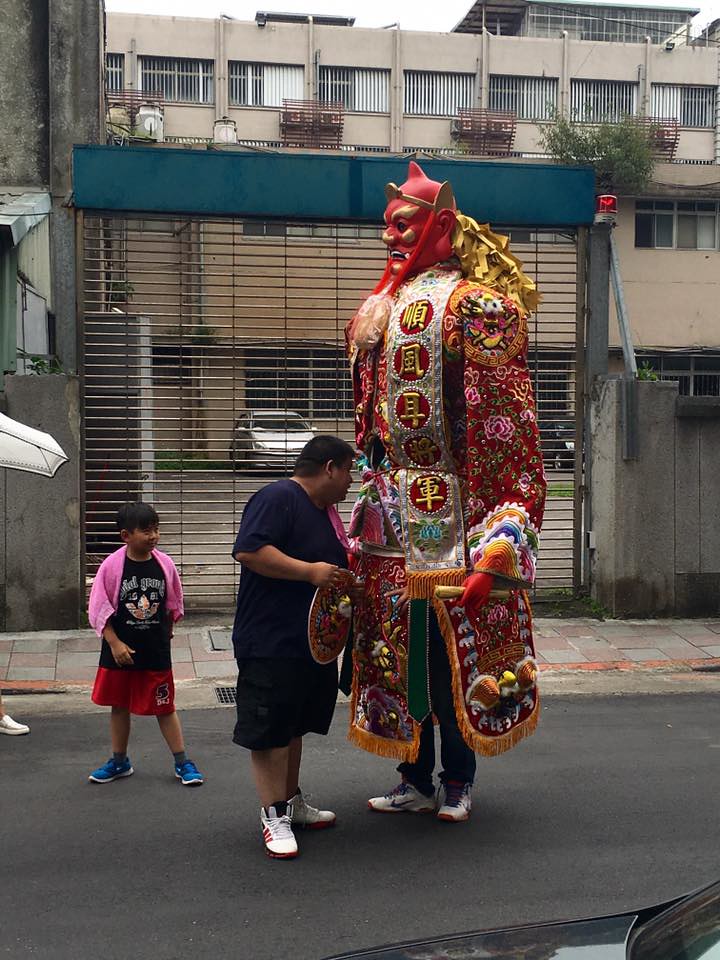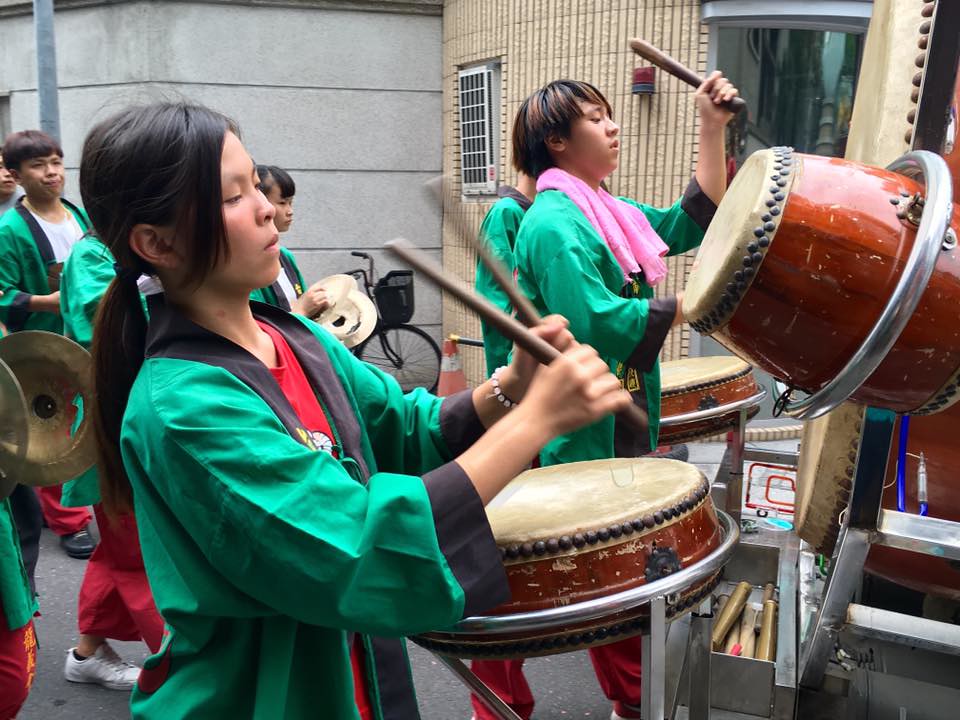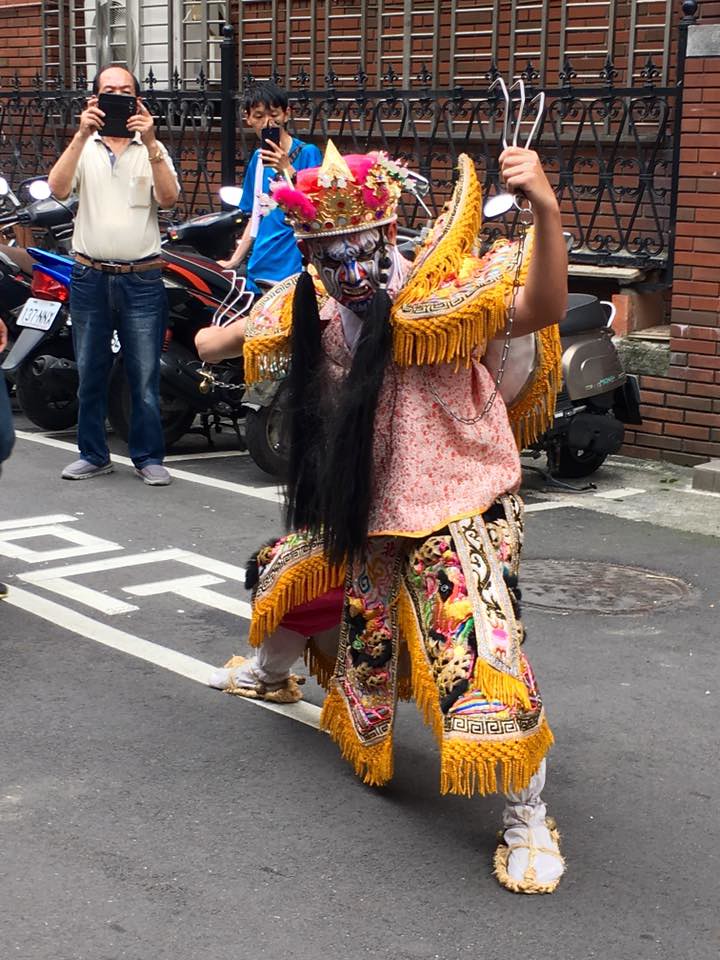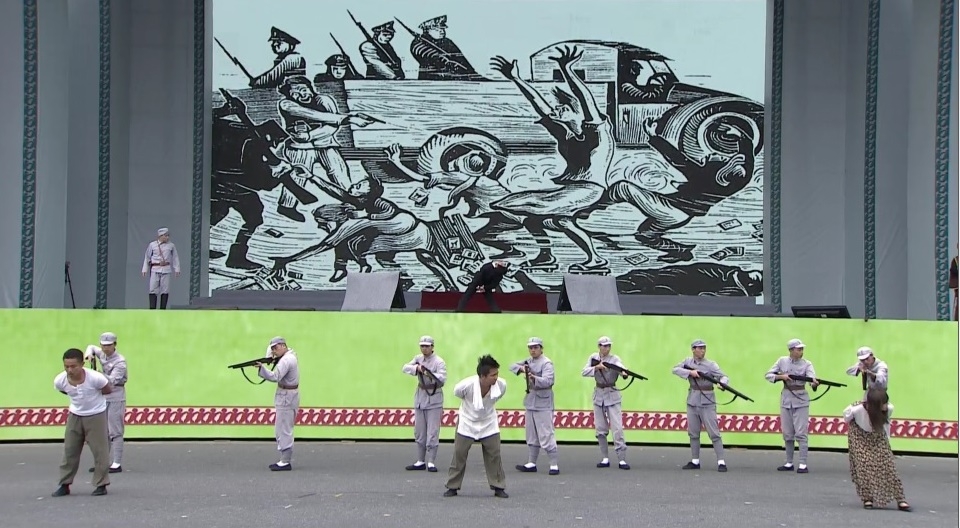 |
| There is a reason this was OK but the high school students' Nazi re-enactment was not From here |
...and yet here I am writing about them.
Make no mistake, however, I am sick of them. I just don't want to hear about it anymore, and I won't write about them again.
I'm not going to get into the "but their freedom of speech!" retort because it's intellectually shallow. These kids have freedom of speech - they have not faced and will not face criminal charges for this. Freedom of speech never gave anyone the right to freedom from criticism or backlash from the public regarding what they've expressed.
I'm also not going to get into "why is it so taboo?" It's not taboo. Movies and even war re-enactors re-enact painful scenes from history, including the horrors of Nazism, fairly frequently. If the subject matter is handled sensitively then there's generally not a problem with it. The issue here is that it did not meet that standard. This is true for historical re-enactments of all sorts for a variety of purposes.
Remember how we all watched a re-enactment of executions under the White Terror during President Tsai's inauguration? Remember how, while people remarked on it, there wasn't this kind of critical backlash? Because the re-enactment had value: learning value, historical value, emotional value. Nobody (well, nobody with any sense) thinks that such re-enactments should be forbidden or are all in bad taste, no matter what. It's how the events are handled when acted out, and why the re-enactment is staged in the first place, that matters. (Edited to add: not everyone thinks that the re-enactments in the inaugural play were handled well - I too have some criticism of them, but overall do feel they had historical value if, perhaps, it was not portrayed as accurately as it could be).
Also on the trash heap: "well they don't know that much about WWII. The evils of Nazism haven't been ingrained in them the way they have in us". Sure, but there's no excuse for that. Just as we Westerners could stand a more comprehensive approach to Asian history - from the horrors of Mao to the White Terror to Pol Pot, Japanese imperialism and beyond - this should be better taught in Asian schools. In fact, even in Asia these subjects don't always seem to be fully understood: why is it that Chiang Kai-shek and Chairman Mao bobblehead toys can be purchased in half the gift shops of Taiwan? What is the purpose of making two brutal dictators adorable?
And yet another one for the dumptruck: "people do lots of worse things, Americans can be just as insensitive!" Yup. Thinking of all the idealistic young Westerners a generation ago who wore Mao suits to be "cool" (or worse, because they actually bought what Mao was selling) or make tasteless jokes about some of the more awful events and people of Asian history also makes me shake my head. But "they do it too" is not an excuse.
What bothers me, really, then, is the complete lack of value - historical, pedagogical, emotional - in this particular re-enactment.
The dramatically staged executions during the inauguration performance had historical value and emotional weight. Through them, we can be reminded of the horrors of the past - it pushes us to remember the history of agonies Taiwan has battled through and in some way pushes Taiwan to come to terms with its own history (something that is avoided more than it should be). Through the re-enactment, the horror of what took place in that era is laid bare, and it provides a useful lens through which to examine Taiwan's progress, current status and future. It was not a perfect dramatic performance, and there are reasons to criticize it - and the depiction of Han settlers driving out the original aboriginal inhabitants of the land - but nobody would say that no re-actment should have taken place. If it made you upset, good. It should.
There is similar value in films dealing with history, whether fictional, semi-fictional and documentary, and value in historical societies re-enacting battles and other scenes from potent events from the past: through them we can understand what it was like for the people involved, in some small way, and hopefully learn from it.
This, though? This was a group of teenagers choosing a decidedly un-fun subject and having, well, fun with it. It was not handled sensitively and, as a teacher, I fail to see what learning outcomes this might better bring about. What exactly did these students learn about Nazism by putting on snazzy uniforms and marching around? What of the weight and pain of history did this impart? What greater understanding did they gain? How did they learn to examine the issue critically, look at various sources and discuss the ideas within, or apply the lessons to the timeline of history, the world as it is today and the future?
There are certainly ways to teach Nazism in schools in Taiwan and elsewhere. The subject is not taboo - or should not be - and there may even be room for historical re-enactments if they serve a purpose.
However, one of the first things I learned in my teacher training is that every activity included in one's lesson should be carefully and critically evaluated for how well it will enable the class to meet its aims: how it will enable the learners to learn what you want them to come away with. Not only are we asked to look at each activity and decide if it is the best possible choice to propel the class toward successful learning, or if another choice might be more targeted, more efficient, more engaging or more relevant, but also if each activity is properly scaffolded and ordered to bring the class, in stages, through to a greater understanding of the subject (whatever level of understanding you have specified in your aims).
I am not a perfect teacher. Sometimes I get lazy - I try not to do it often - and perhaps I grab an activity because I'm short on time when another, more involved one might have been more fruitful. Sometimes I reflect on a class and think "that wasn't scaffolded as well as it could have been, I shouldn't have had to give such a long explanation of this or that issue". Sometimes I think "well, we met our aims, but I'm not sure that the level of understanding is as deep as I'd like it to be." I think all responsible, professional teachers think this way.
Certainly, syllabuses and curriculums are littered with pointless school projects that amount to wheel-spinning or extra whiz-bang showiness but do little, or nothing, to actually promote absorption of and understanding of the subject matter. Certainly - and not only in Taiwan - is critical thinking training often sacrificed for these surface-level school projects that are usually money and time sucks (or they are sacrificed at the altar of 'this is on the big exam so memorize what's in your book, we don't have time to think too deeply about it, you just need to answer some questions').
I can honestly say if I were tasked with teaching Nazism to a history class, this sort of re-enactment would have no place in it. Not because it is tasteless, though it is that, but because it lacks value. If, however, in some lesson a re-enactment, handled appropriately, did have value I would incorporate it.
I could give you a very long list of things that might be better included: from debates to class experiments (such as the brown eye/blue eye experiment) to readings (not only textbook readings but books such as The Wave, The Book Thief and perhaps even Stargirl which is seemingly unrelated but in fact carries that us-against-them mentality so intrinsic to the Nazis into the modern world in a different way). I am not afraid to face slightly unnerving lesson plans - if you are not unnerved by Nazism then you didn't learn it properly - and would not even be opposed to a class experiment where some children had to hide, others had to find them, and the hiders were punished if they were found whereas the finders were greatly rewarded - and to see if the finders were willing to capture the hiders for their reward, knowing the hiders would be punished. Then to bring them all back and talk about how that felt and why, and how it might manifest in the world today.
I might include something like the lesson told in a Facebook post that's going around:
When I was in 7th grade, our teacher put on a video and told us to take notes. Ten minutes in, she threw the lights on and shouted at Steven [Lastname], telling him he wasn't taking notes and he should have been. But the thing was, Steve was taking notes. I saw it. We all saw it. The teacher asked if anyone wanted to stand up for Steve. A few of us choked out some words of defense but were immediately squashed. Quickly, we were all very silent. Steve was sent to the principal's office. The teacher came back in the room and said something like "See how easy that was?" We were reading "Anne Frank."
But this? What does marching around really teach? Does mere imitation really have any value? Thea answer is no, and that goes for any re-enactment. Was the Wushe Incident re-enactment of any greater pedagogical value? I'd say no. Had the students chosen to re-enact events in a different way, with teacher guidance leading them to better understand those events through the resulting play, would that have been more valuable? Certainly.
It's tasteless, yes. It shows a deep and painful lack of understanding of important events in world history, yes. It also shows a lack of understanding of why the backlash was what it was - last I heard, the principle of the school was resigning but the students themselves did not really seem to understand what they'd done wrong or why they were being criticized so heavily.
All of that is true, but it's the complete lack of educational utility of the whole thing that really gets me.
All that said, I really am sick of this story and I'm going to stop talking about it now, or writing about it in the future.

